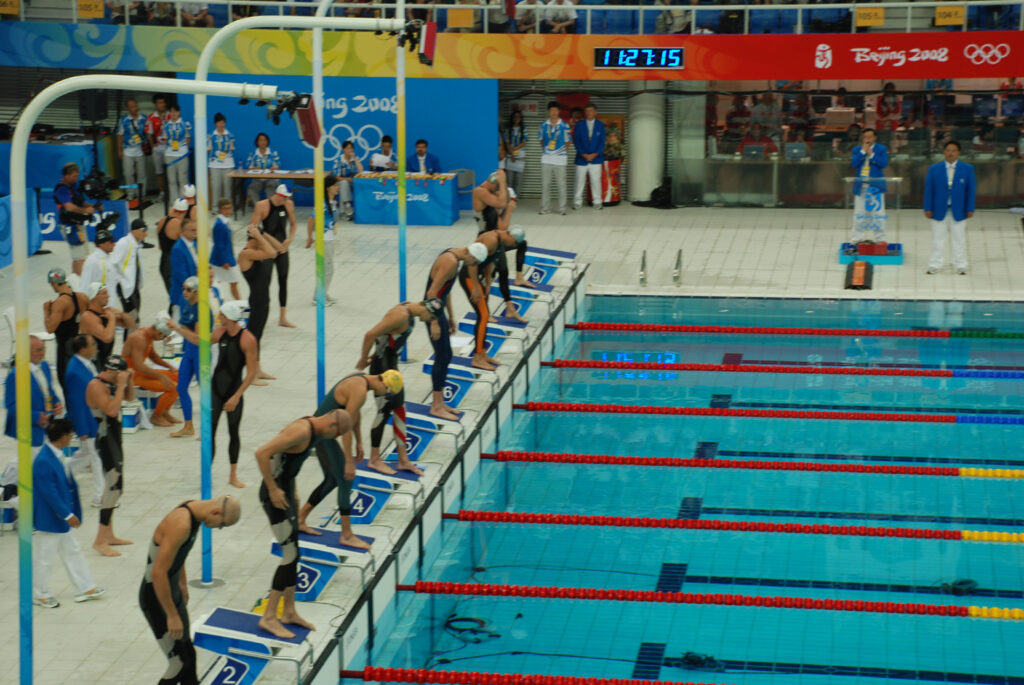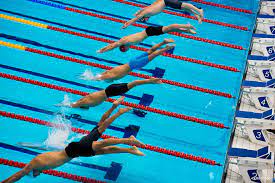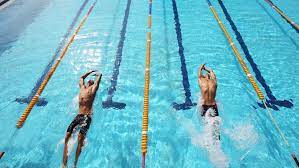Swimming pool
A swimming pool is a man-made body of water designed for swimming, water-based activities, and recreation. Swimming pools can be found in various settings, including residential properties, hotels, resorts, recreational centers, and public facilities. Here’s an overview of swimming pools:
Types of Swimming Pools: There are different types of swimming pools, including:
Residential Pools: These pools are typically found in private homes or residential communities and are used by homeowners and their guests.
Commercial Pools: Commercial pools are found in hotels, resorts, fitness centers, and other public facilities. They cater to a larger number of people and often have additional amenities such as water slides, diving boards, or play areas.
Public Pools: Public pools are owned and managed by local municipalities or government entities. They are accessible to the general public and often have specific operating hours and safety regulations.
Pool Design and Construction: Swimming pools can vary in size, shape, and design. They can be constructed using various materials, including concrete, fiberglass, or vinyl. The pool design may include features like steps, ladders, shallow areas for wading, deep ends for diving, and safety measures such as pool fences or covers.
Pool Maintenance and Safety: Proper maintenance is essential to keep swimming pools clean, safe, and enjoyable. Regular cleaning, filtration, and chemical balancing are necessary to maintain water quality. Safety measures like lifeguard supervision, signage, and pool rules help ensure a safe swimming environment.
Recreational and Fitness Activities: Swimming pools provide opportunities for various recreational and fitness activities. These can include swimming laps, water aerobics, water polo, diving, synchronized swimming, or simply relaxing and enjoying the water.
Health Benefits: Swimming is a low-impact exercise that offers numerous health benefits. It provides a full-body workout, improves cardiovascular fitness, builds muscular strength and endurance, enhances flexibility, and helps with weight management. Swimming is also gentle on the joints, making it suitable for people of different ages and fitness levels.
Pool Safety: Safety is a crucial aspect of swimming pool usage. It’s important to follow pool rules, practice safe swimming techniques, and supervise children at all times. Non-swimmers or those with limited swimming skills should wear appropriate flotation devices or seek assistance from a qualified instructor.
Pool Regulations: Different jurisdictions have specific regulations and codes that govern the design, construction, operation, and safety of swimming pools. It’s important to comply with these regulations to ensure a safe and compliant swimming environment.
Swimming pools offer a refreshing and enjoyable way to cool off, exercise, and have fun. Whether for relaxation, recreation, or fitness, swimming pools provide a space for individuals, families, and communities to come together and enjoy aquatic activities.





